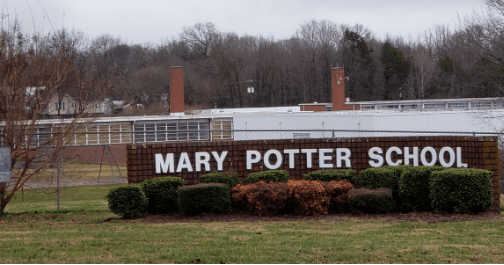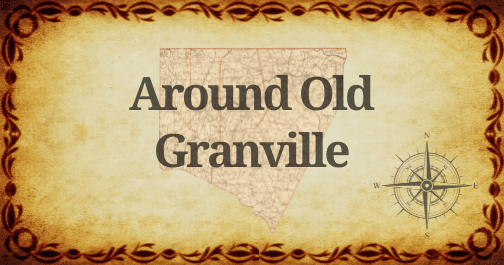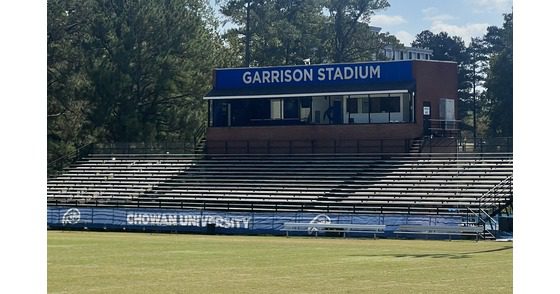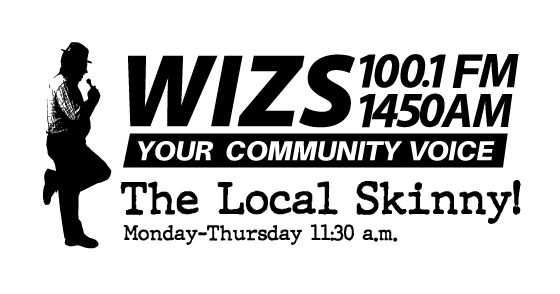100.1 FM ~ 1450 AM ~ WIZS, Your Community Voice ~ Click to LISTEN LOCAL
-Office of NC State Treasurer Dale R. Folwell, CPA
State Treasurer Dale R. Folwell, CPA, is encouraging North Carolinians to complete their 2020 Census Bureau forms to ensure the state receives its proper share of hundreds of billions of federal dollars.
Federal funding distributions to the state and local governments are critical for everything from education and housing to public works projects and roads.
“Many local governments and utilities are struggling, especially in rural areas, and the economic lockdowns in reaction to the COVID-19 pandemic have made their situations worse,” Treasurer Folwell said. The Local Government Commission housed in the Department of State Treasurer has been working to help those towns, cities, counties and municipal utilities at risk of failure and state takeover of their finances.
“If we don’t all do our part to ensure the census count is thorough and accurate, we will forfeit North Carolina’s fair share of money that could be a lifeline to those at-risk governments,” Treasurer Folwell said.
The census is constitutionally mandated to occur every 10 years. As of Sept. 1, North Carolina had a 77.1% household response. There were only eight states with lower counts. The U.S. rate was 84.1%. If you haven’t done so yet, you can fill out your census form by phone (844-330-2020), by mailing back the paper questionnaires that were sent to households, or online.
The population count determines how the 435 congressional seats are divided among the states, and how state legislative districts are drawn up. But many people are unaware that the census data are used by planners and policymakers when they are considering the need for highway planning and construction, hospitals, schools and other public works investments.
“Businesses and corporations rely on census data when choosing where to locate factories and headquarters, offices and stores. Developers review census figures to determine where to build new homes and subdivisions,” Treasurer Folwell said. “All of those activities and growth generate tax revenue and jobs, which are the lifeblood of local and state economies, and help them to meet budgetary needs to serve their communities.”
Many local public utilities and services in North Carolina are in disrepair or in need of funds. Census data are used to allocate federal funds to water and waste disposal systems for rural communities, emergency community and water assistance grants, assistance grants to firefighters and rural business enterprise grants. Local governments incorporate census numbers into public safety and emergency preparedness policies.
The decennial population count also is used in allocating unemployment insurance and Community Development Block Grants. As the nation faces the challenges of the COVID-19 pandemic, it is instructive to note that epidemiologists and public health officials rely on demographic details from the census to track disease outbreaks, improve health and more.
The publication “Uses of Census Bureau Data in Federal Funds Distribution” offers an overview of how states can benefit from accurate census figures.
















